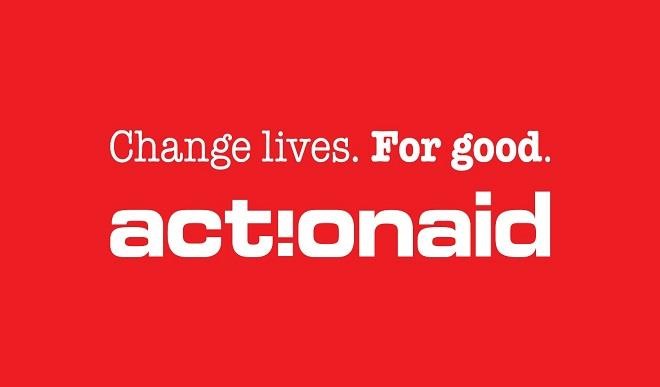ActionAid Nigeria (AAN) at the weekend expressed its support for the Nigerian government’s reluctance to sign the Organisation for Economic Co-operation and Development (OECD) tax deal in view of its lopsided provisions that it observed were not in favour of developing economies.
The Country Director of the civil society organisation, Ene Obi, in a statement pointed out that the OECD recognised the need to better tax the digital economy and the fact that big tech companies need to be making bigger tax contributions.
The OECD deal consists of two parts, with the first pillar stating that if a company has a global turnover of more than 20 billion euros and a profit margin of more than 10 percent, then 20-30 percent of the profit in excess of 10 percent of revenue will be allocated to market jurisdictions using a revenue-based allocation key. The second pillar sets a global minimum tax rate of (at least) 15%.
ActionAid Nigeria pointed out that in Nigeria, tax regimes were largely dependent on the benefits the countries are bound to gain, adding that “the gains may be to maximize tax collection or maximize FDI inflow. However, the current global minimum tax of 15 percent is a threat to both gains.”
The CSO further clarified: “Nigeria set up rules and regulations with the corporate tax at 30 percent for big and multinational companies. The average Corporate Tax Rate for African countries is 28 percent. However, the 15 percent minimum corporate rate is too low and therefore inadequate to stop the ‘race to the bottom.
“The benefits of a proposed minimum tax will be far below what is expected to fund the budget deficit in Nigeria, which will translate to the country’s inability to meet up with the fight against poverty and unemployment.
“For a moderate stand, Nigeria, like most other African countries will need the global minimum tax rate to stand between 25 percent to 30 percent above the 21 percent as initially proposed by the United States”, it added
The CSO Country Director further expressed the organisation’s displeasure with the negotiations carried out by rich countries for their benefit, pointing out that “it is fundamentally unfair to ask countries in the global south to trade-off their unilateral taxation of the digital economy, in lieu of implementing a deal they were not part of negotiating, coupled with the fact that they will only marginally benefit from it.
“The fact that this new deal will take effect earliest in 2023 and cannot be reviewed until earliest 2030 is not good enough. Revenues are desperately needed in the global south to tackle the challenges posed by the COVID-19 pandemic and to fight poverty and inequality. Companies operating within the digital economy need to be compelled to pay their fair share of taxes”, Obi stressed.
The CSO recommended that while the new deal remained disappointing, it underlined the need for more comprehensive reforms of the international tax practices and treaties.
It further stated: “Such reforms are expected to give countries in the global south equal voices in the process of negotiating international tax rules through e.g., a possible United Nations Tax Body,” the organization said.
“This will also give increased rights to countries in the global south to effectively tax digital companies operating within their jurisdictions.
“In conclusion, the current OECD Tax deal is neither beneficial to the country as a tax rate or FDI attractor. The worst concern about it is that it can only be reviewed in the next seven years”, the Country Director added.






